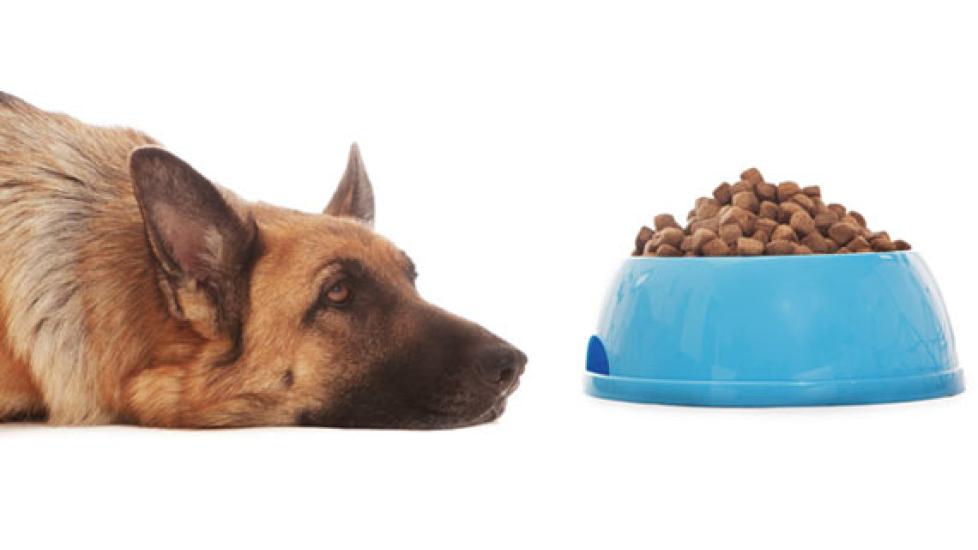Dog Not Eating? Maybe Your Pet Food Smells or Tastes Bad
Some say dogs will eat anything, but that isn't always the case. Even worse, it can be expensive trying out different dog food brands before figuring out what your "picky eater" likes. Well, it may not be as complicated as you think.
While many dogs will readily accept new foods, your dog may have certain preferences to consider. Often this comes down to three simple things — the taste, texture, and smell of the dog food.
Smell
Just as it would for us, the smell (or aroma) of a food can entice or deter a dog from eating it. Perhaps your dog likes strong odors, or maybe he prefers something milder. The freshness of your dog food will also affect its odor. As foods age they lose their aroma. The fats in the product also start to oxidize into peroxides. This degradation is known as rancidity and results in undesirable odors. Don't sacrifice the smell and safety of your dog’s food just because it's more economical to buy in bulk, and make sure to store the dog food properly and replace it once the "best if used by" date has come and gone.
Taste
What's food without good taste? Fortunately, dog food companies are providing customers with a wide variety of options and ingredients for even the pickiest of eaters. Just don't forget that the freshness of the dog food will also affect its taste. So once you determine which food your dog best enjoys, store it well and replace it no later than the "best if used by" date.
Texture
You may not think it's as important as smell and taste but the texture of dog food can be crucial for a "picky eater." Characteristics such as hardness, cohesiveness, viscosity, and elasticity can all make a big difference. Many dogs prefer food that is easy to chew. This may mean soft canned meats or kibble with smooth rather than irregular, sharp surfaces.
Go Easy on the Dog Treats
Feeding your dog extra treats that are tastier and more interesting than his normal diet can cause a finicky appetite to develop over time. Additionally, if there are too many people giving your dog extra treats or are slipping him table scraps, it can lead to obesity. A good rule of thumb is for treats to make up no more than 10% of the total calories you feed your dog daily.
When in Doubt, Consult Your Vet
Still unsure what's the best dog food to buy, or why your dog is being so picky when it comes to eating? Speak with your veterinarian. He or she can ensure your dog's picky habits aren't due to an underlying health concern such as problems with the teeth or mouth.
Image: Francesco83 / via Shutterstock
More to Explore
Should I Give My Dog Supplements?
Does Your Dog Food Have These 6 Vegetables?
